Category: Resources
-

Self-paced online course on gender and energy equality
Energy Sector Management Assistance Program has developed a self-paced e-learning course on gender and energy equality. The course is meant for social development and energy specialists, policy makers, practitioners, and members of civil society interested in learning about the linkages between gender equality and energy using recent research, data and country level experiences. Course topics, materials…
-

Needs, uses, and impacts of energy on women and girls in the developing world
Oxfam has published a paper titled “Energy and Women and Girls: Analyzing the needs, uses, and impacts of energy on women and girls in the developing world”. The paper tests the assumption that, because of the burdens of energy poverty, energy access itself automatically benefits women and girls. Through an analysis of the existing literature the…
-
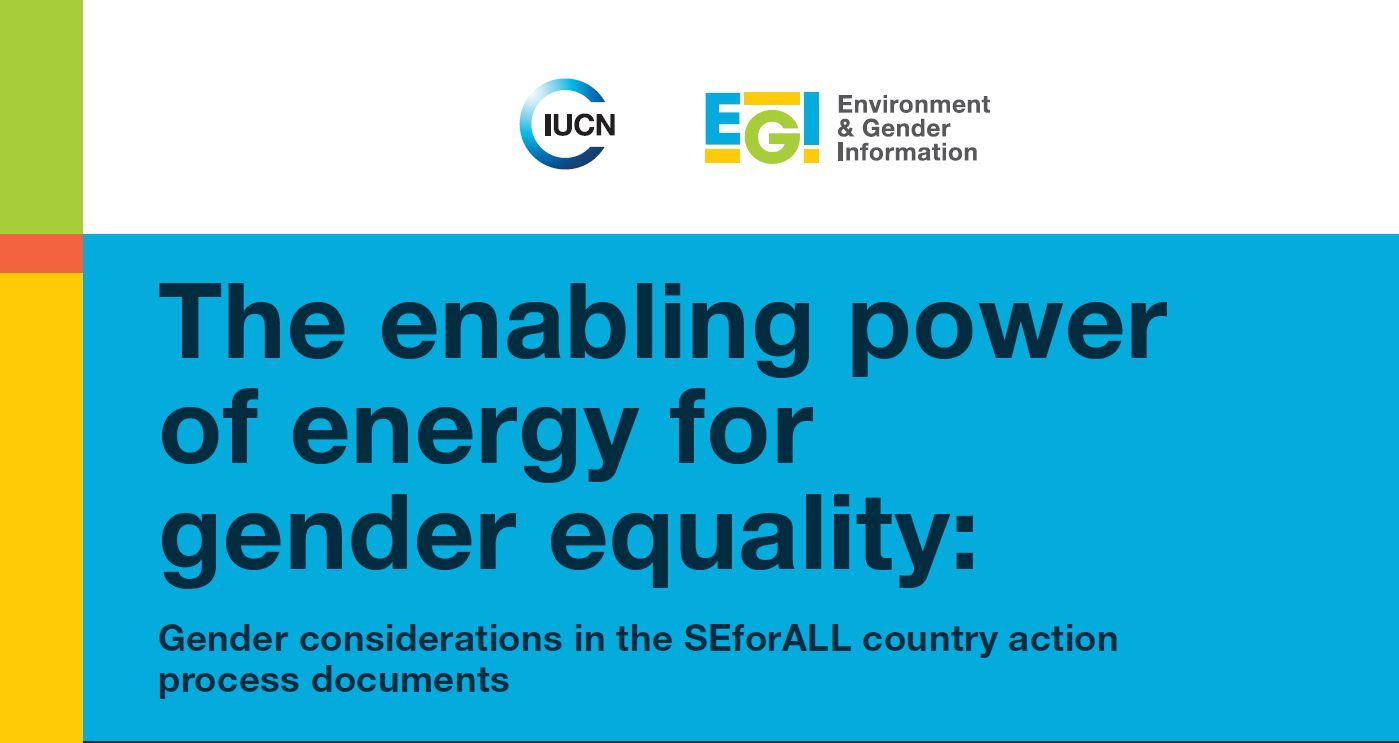
Gender considerations in the SEforALL country action plans
To understand the extent to which gender is being mainstreamed in Sustainable Energy for All related activities, the International Union for Conservation of Nature’s Global Gender Office conducted an assessment of 61 SEforALL country action plan documents, from 52 countries. The report is available on this website.
-
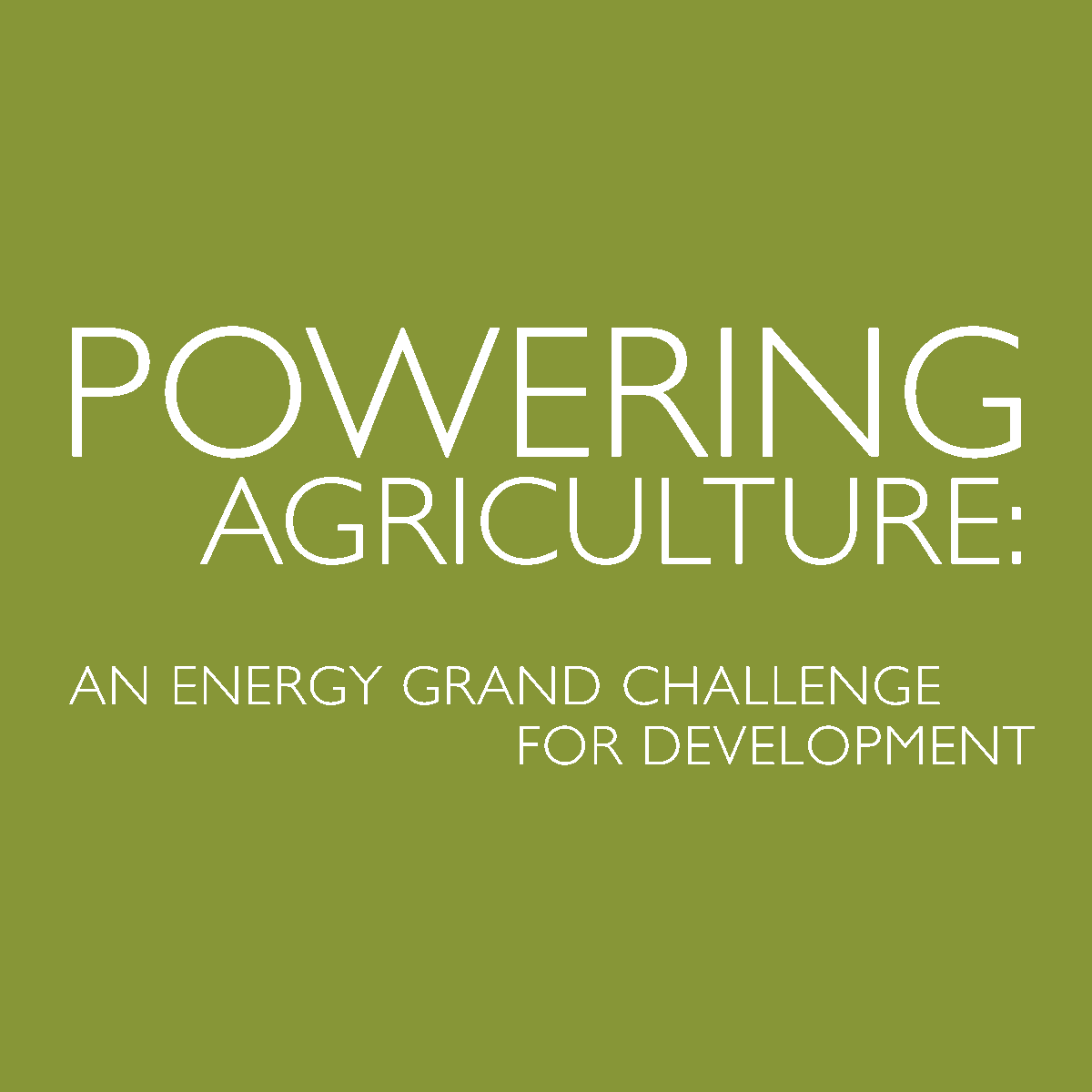
Guidance on integrating gender into clean energy solutions for the agricultural sector
Powering Agriculture – An Energy Grand Challenge for Development (PAEGC) has released its Gender Integration Summary Report 2016 as well as six topical guides focused on integrating gender into the development and deployment of clean energy solutions for the agricultural sector. They cover the following topics: deployment of clean energy solutions; product development; financial products; marketing;…
-
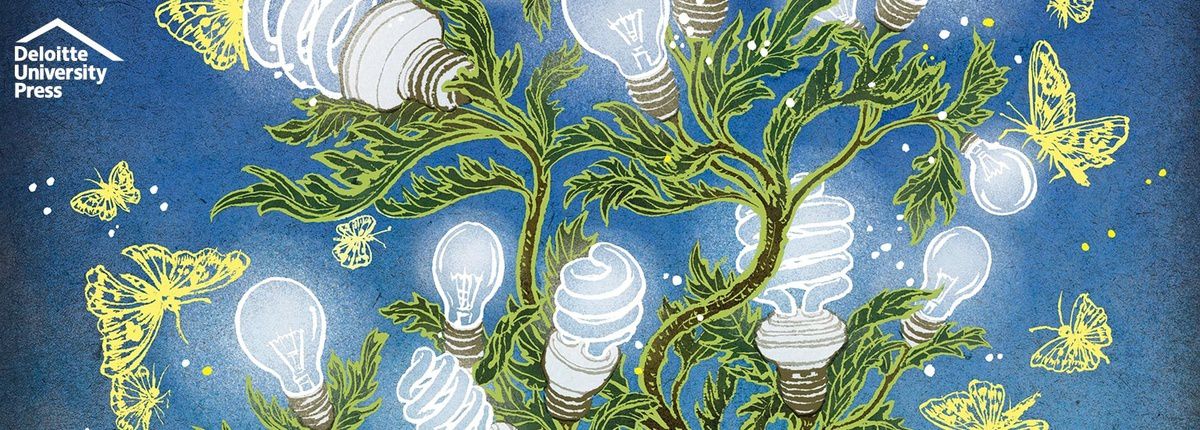
Women, energy, and economic empowerment
The Atlantic has published an insightful report which shows that “energy access programs are an underexplored lever for women’s economic empowerment”. The report by Kathleen O’Dell, Sophia Peters and Kate Wharton from Deloitte addresses questions including: “Under what context does gender equality rise with access to electricity; what are the channels through which this change occurs;…
-
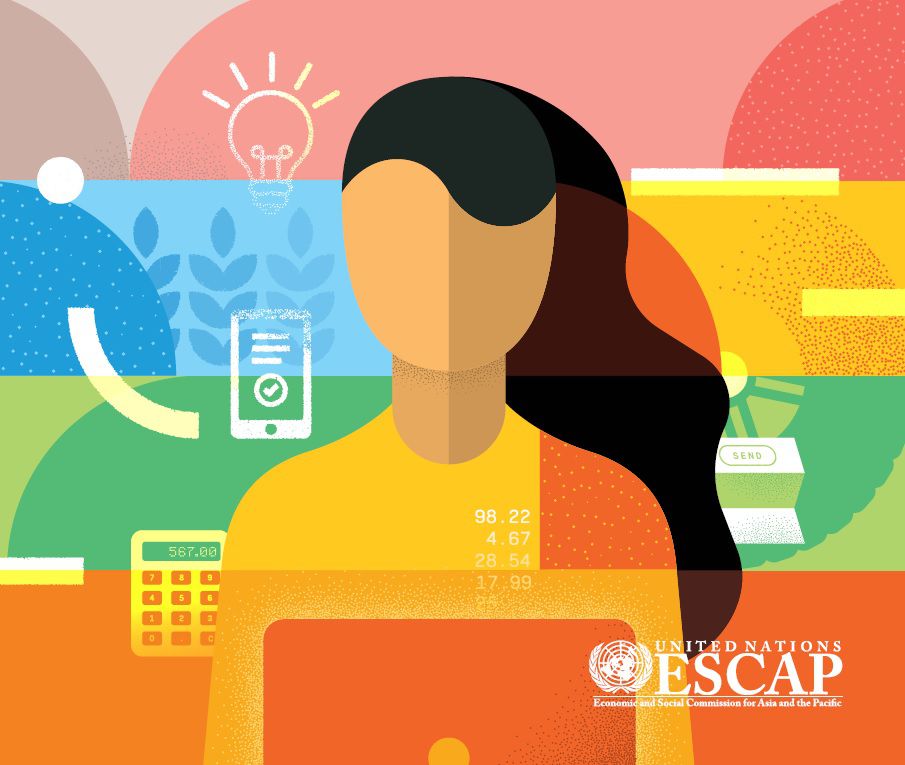
Fostering women’s entrepreneurship in ASEAN
In its recent publication “Fostering Women’s Entrepreneurship in ASEAN: Transforming Prospects, Transforming Societies” the United Nations Economic and Social Commission for Asia and the Pacific (ESCAP) proposes critical actions that can be taken by ASEAN Governments to address the particular constraints facing women entrepreneurs. Those action are foreseen to be taken in conjunction with other key…
-
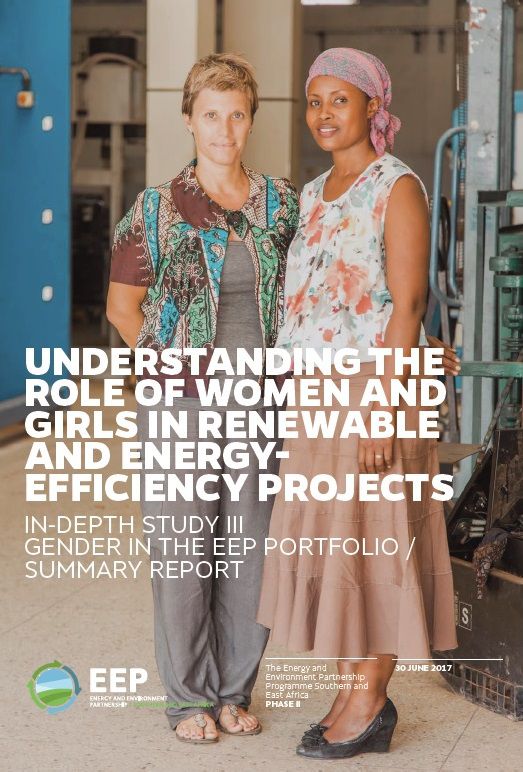
A new report on women’s role in renewable and energy efficiency projects
The Energy and Environment Partnership (EEP) has published the results of its in-depth gender study which sought to understand the role of women and girls in renewable and energy-efficiency projects of the EEP portfolio. The aim of the report is to share lessons learned from gender-related activities within the projects, and to provide recommendations to project developers…
-
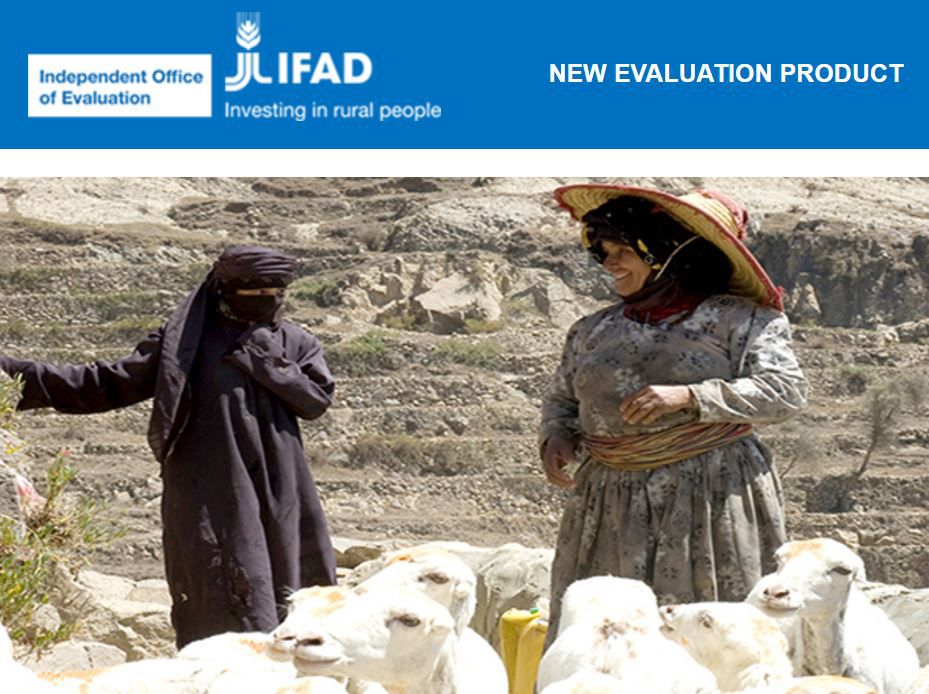
What works for gender equality and women’s empowerment – a review of practices and results
The Independent Office of Evaluation of IFAD (IOE) has just released the evaluation synthesis “What works for gender equality and women’s empowerment – a review of practices and results”. The report intends to support learning on what practices work for gender equality and women’s empowerment (GEWE) and under what conditions in the context of rural…
-
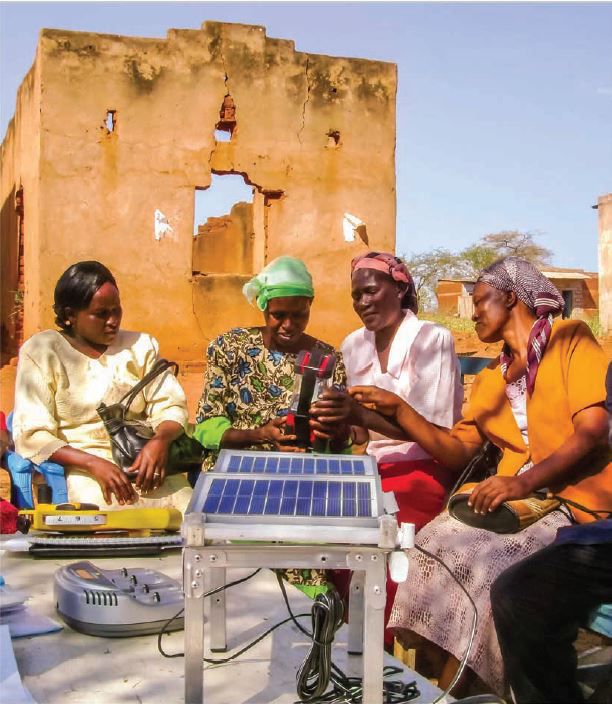
Poor People’s Energy Outlook 2016
The 2016 edition of the Poor People’s Energy Outlook (PPEO) is now available to read and download online. Click here to view the report. The PPEO 2016 is the fifth in the PPEO series and first in a keenly-awaited new suite of three, which builds on the Total Energy Access Framework that we have developed…
-
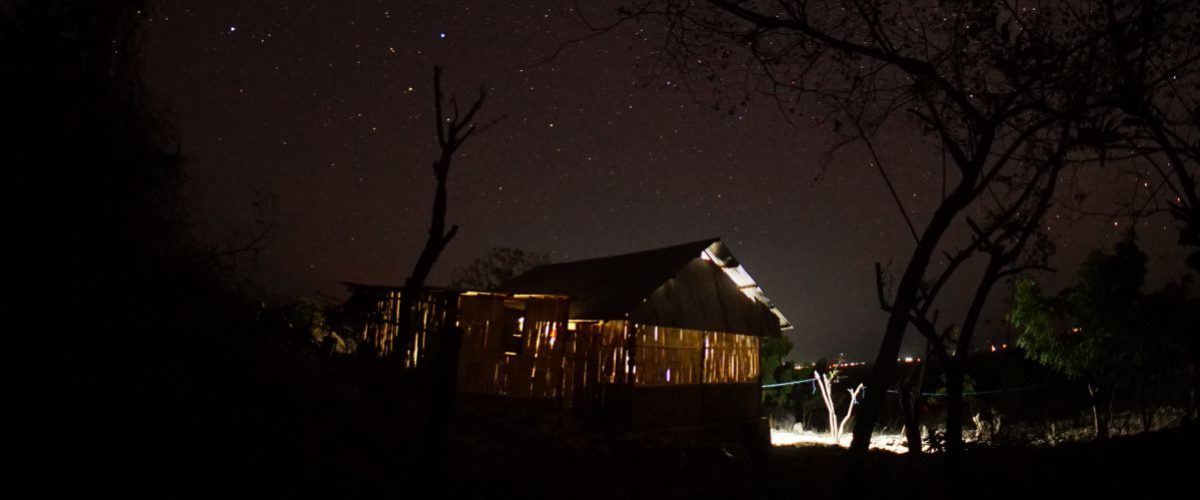
The story of energy access
Globally, 1.3 billion people lack access to energy and 2.6 billion people rely on unhealthy biomass for cooking and heating. Hivos and ENERGIA work towards access to clean and sustainable energy for all. In Guatemala, women like Matilia Cedillo transformed their lives and those of the people around them with solar power. Thanks to training, Rovina…
-
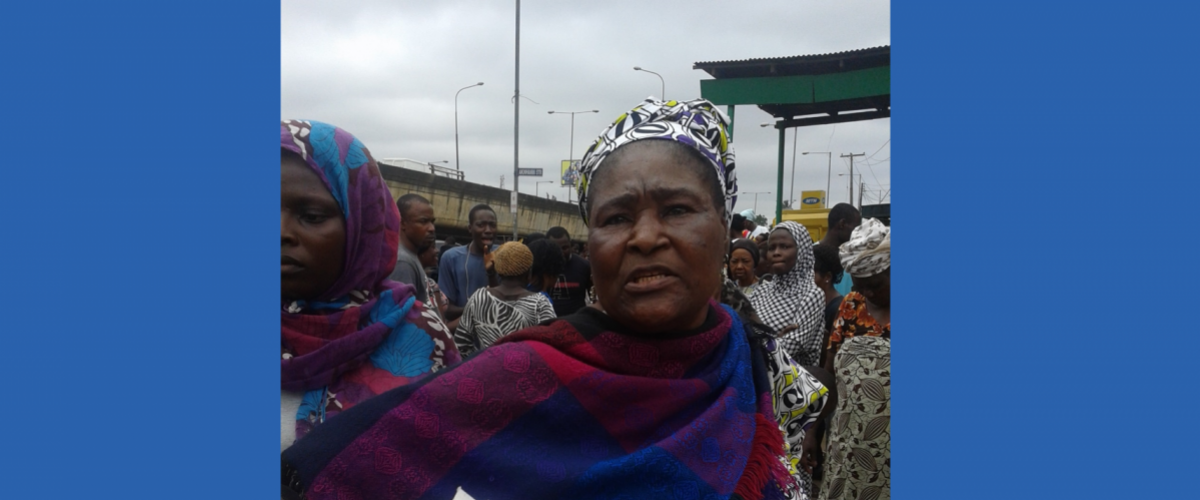
Making subsidy reform work for women in Nigeria
An IISD Briefing note Key messages: Subsidy reform will likely reduce household expenditure on women’s needs and reduce women’s access to modern energy sources, affecting their economic opportunities and respiratory health. Reform can have positive effects if it leads to improved energy supply systems (increasing energy access), but this is likely to take place over the…
-
Regional gender review of energy policies and programmes, South Asia
As part of the ADB funded project Improving Gender-Inclusive Access to Clean and Renewable Energy project, ENERGIA conducted a gender review of energy policies and programmes in Bhutan, Nepal and Sri Lanka, as well as a region-wide review. The reviews show that in recent years, gains have been made in the region, especially in terms of electrification. The…

